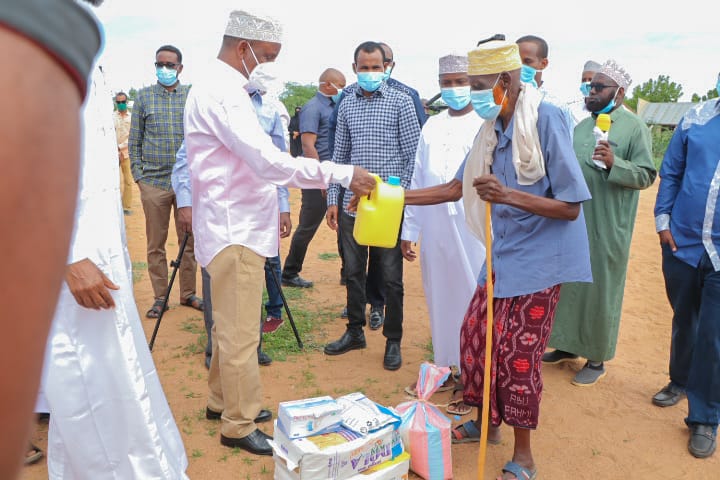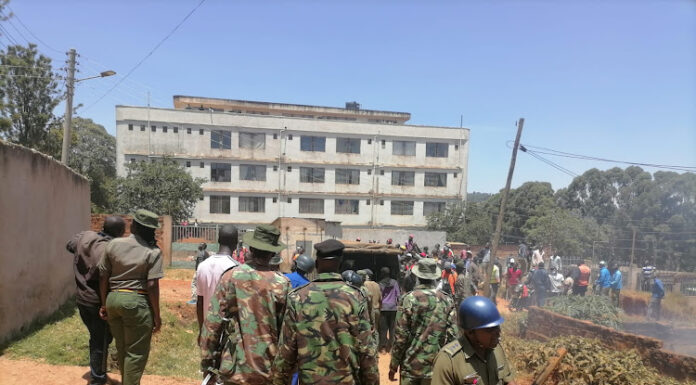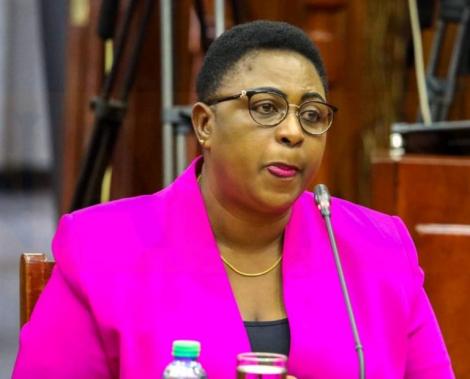
Garissa Governor Ali Korane has expressed concern over reports that people were being smuggled from Eastleigh in Nairobi to Garissa following cessation of movement in the City estate.
The cessation of movement in Eastleigh together with Old Town in Mombasa was imposed by Ministry of Health last week after the surge of Covid-19 cases in the two estates.
Korane termed the trafficking as unfortunate saying that it could complicate efforts by the government to stop the spread of the highly infectious disease and the country’s return to normalcy.
“The cessation of movement for Eastleigh is meant for the good of the people of Eastleigh and the country at large. If we obey government guidelines on how to prevent the disease from spreading, we shall defeat it within a short period and speed up the country’s return to normalcy,” Korane said.
“If we continue defying government directives, then it will take even longer to stop the disease that has crippled the country’s economy,” he added.
Korane urged the residents of Eastleigh to remain where they were to avoid transmitting the disease to their loved ones in Garissa and making an already bad situation even worse.
The governor also asked livestock traders who have been crossing into neighbouring Somalia to buy livestock to stop the trade forthwith.
He said Somalia has reported some of the highest cases in Eastern Africa and the traders risked contracting the disease and spreading it among their family members.
All the seven cases in Migori and Wajir counties were from people who crossed over from neighbouring countries of Tanzania and Somalia.
The government has directed all border counties across the country to immediately close all livestock markets along the border.
Korane was speaking Sunday at Iftin primary playground where he witnessed the distribution of Ramadan food rations to 300 vulnerable families. The beneficiaries also received free face masks.
They were part of 6,000 families the county government has identified to benefit during the holy month of Ramadan.
On Friday, deputy governor Abdi Dagane launched the program by distributing food that included cooking oil, sugar, corn soya blended with sugar, wheat and maize flour.










